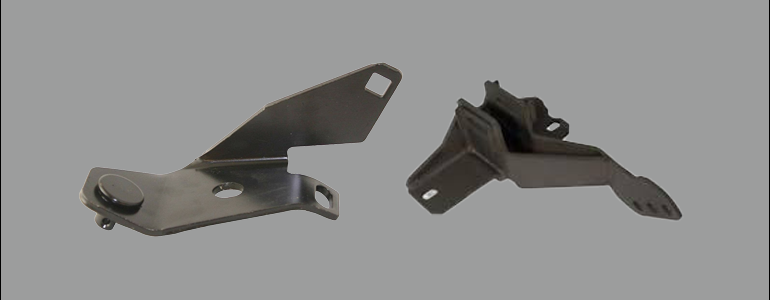Recreational vehicles, or RVs, offer the freedom to explore and the comfort of home on the road. However, they can also present unique maintenance challenges and unexpected repair costs. Many RV owners turn to extended warranties to mitigate these potential headaches for peace of mind and financial protection. Understanding the subtleties of these warranties can lead to significant savings and less hassle during your travels. Keep reading to learn the ins and outs of RV extended warranties and how they can benefit your traveling lifestyle.
The Benefits of Investing in an RV Extended Warranty
An RV extended warranty can be a prudent investment for most RV owners. It offers a buffer against the financial shock of costly repairs, which can be particularly burdensome when you’re miles away from home. By transferring this risk to a warranty provider, you’re purchasing peace of mind, knowing that a sudden mechanical failure won’t derail your travel plans or budget.
Aside from financial protection, an extended warranty may also increase the resale value of your RV. Prospective buyers often find value in a vehicle with an active warranty, viewing it as a safer and more reliable investment. This benefit can make it easier to sell your RV when the time comes for an upgrade or a lifestyle change.
Moreover, extended warranties offer additional perks such as roadside assistance, trip interruption protection, and towing services. These extras can prove invaluable during unexpected breakdowns, particularly in remote areas where assistance might be scarce. Comprehensive coverage ensures that you’re never stranded and that help is always available.
Through the alliance with a dependable warranty provider, RV owners also gain access to a network of approved service centers. This network can save you the hassle of finding a reputable repair shop, particularly in unfamiliar territory. The right warranty provider often has stringent standards for affiliated service centers, ensuring high-quality repair work for their clients.
Types of RV Extended Warranties and What They Cover

RV extended warranties come in various forms to suit different types of vehicles and owner needs. Some offer comprehensive coverage, similar to a bumper-to-bumper auto warranty, which covers almost every system and component in the RV. Others are more specialized, focusing on powertrain coverage or specific systems like electrical, plumbing, or HVAC.
Exclusionary policies are the most comprehensive, typically routine maintenance items and wear-and-tear components, detailing only what is not covered. On the opposite end are listed-component warranties covering only the items explicitly stated in the contract. Choosing between these types can depend on your risk preference and the specifics of your RV.
Note the duration and mileage limits accompanying different warranties. Some warranties may offer coverage for several years, while others are shorter-term. Mileage is another consideration, especially for those who use their RV often and rack up significant travel miles. The specifics of the warranty can significantly influence its usefulness and value to an owner.
Assessing the Cost-Effectiveness of RV Extended Warranties
The potential cost savings of an RV extended warranty can be substantial, but this depends on various factors, such as the age and condition of your RV, frequency of use, and the specific terms of the warranty. Newer RVs with existing manufacturer coverage may not need immediate additional protection, whereas older models with expired warranties may benefit more from the extra coverage.
The premium of an extended warranty is influenced by the level of coverage you choose. While comprehensive plans cost more upfront, they might save you from expensive repair bills later. Conversely, opting for a lower level of coverage can decrease initial costs but might leave you vulnerable to unexpected expenses for items not covered.
An essential part of determining cost-effectiveness is comparing the warranty price against the typical costs of major repairs. Understanding the reliability track record of your RV model and the average repair costs can help you gauge whether the warranty is a sound investment. This analysis is crucial in deciding whether the warranty will likely pay for itself over time.
Potential buyers should also be vigilant about the reputation of the warranty provider. A low-cost warranty may seem appealing, but the apparent savings could be deceptive if the provider has a history of denying claims or poor customer service. Always research the provider’s standing in the industry and customer reviews to ensure a trustworthy partnership.
Overall, investing in an RV extended warranty offers peace of mind and financial protection against unexpected repair costs, enhancing the enjoyment of your travels while safeguarding your investment. By understanding the nuances of these warranties and assessing their cost-effectiveness, RV owners can make informed decisions to ensure worry-free adventures on the road.





